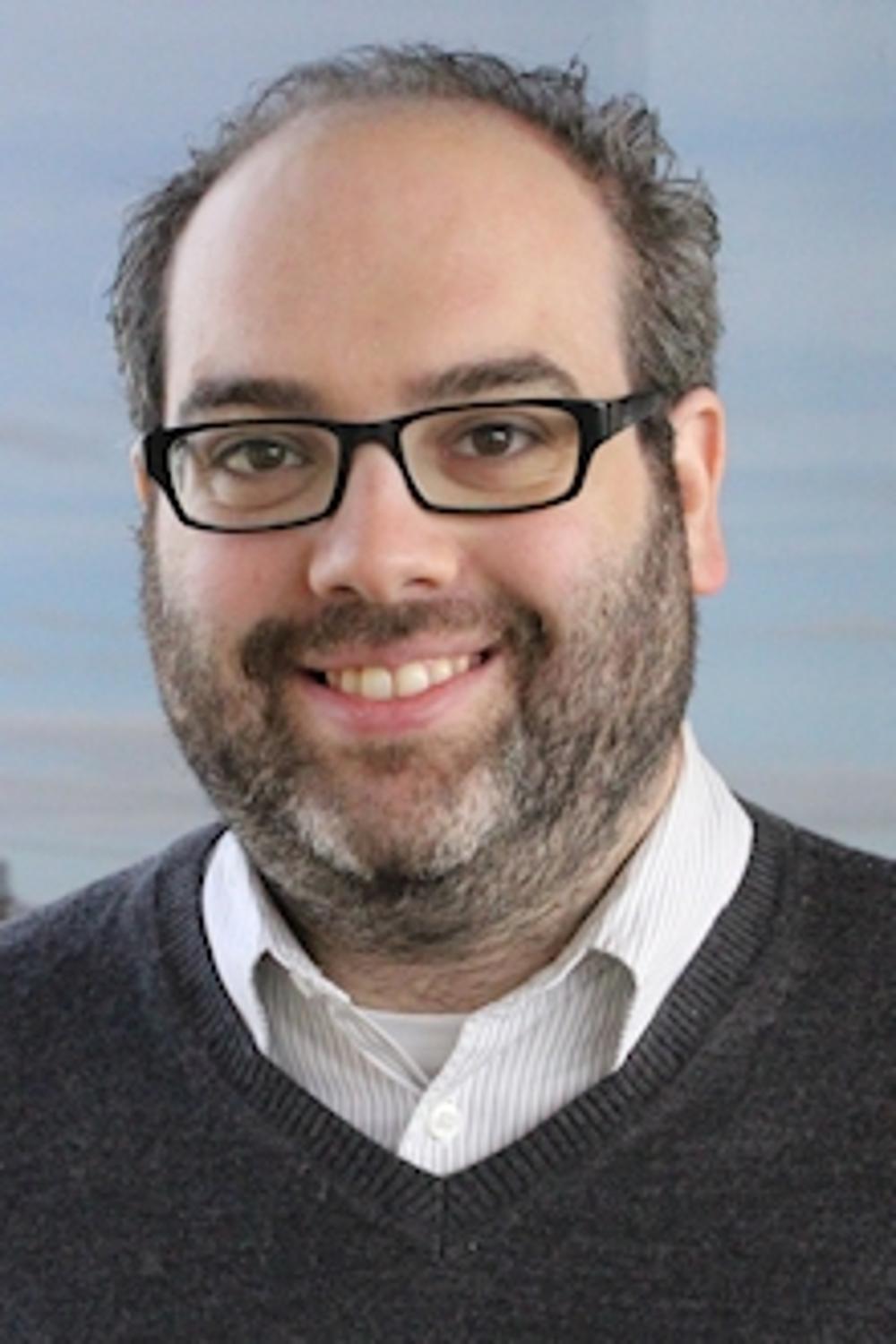Director Biography
Matthew Stein

Matthew Stein holds a Bachelor of Arts (Honours) in Health Studies from McMaster University and a Master of Health Sciences from Ontario Tech University. He has his PhD from the University of Waterloo in the School of Public Health and Health Systems. Since joining the Social Research Centre (SRC) in winter of 2015, he has facilitated a number of research projects, focusing mainly on developing and implementing program evaluations and assessments within our local area community, but also assisting in research within the Faculty of Social Science and Humanities and larger scale university-wide research projects. Some of the research areas that have been explored so far include: ridesharing, active transportation, wearable technologies, anti-Semitism, sexual assault and victimization, employment, homelessness, strategies for student success, experiential learning, university transfer credits and internal program evaluations.
Matthew's own research explores issues with chronic pain in the workplace, but he has thoroughly enjoyed working on various research topics that extend beyond his field. One of the key joys of working at the SRC is that every project is different and requires unique approaches to the various topics. As the Director of the SRC, one of Matthew’s primary goals is to further connect and integrate with the Durham Region community and facilitate quality research to support the continued offering of social services and programming in the area. Matthew hopes the SRC will be able to serve the community by helping bridge the gap to make research more approachable and manageable for those who do not have the ability to do research themselves. Finally, Matthew feels strongly about integrating students in much of the work the SRC does. In doing so, the SRC is not only helping local organizations, but is also able to teach and direct students to apply the theoretical knowledge learned in the classroom to address key issues in the community.
